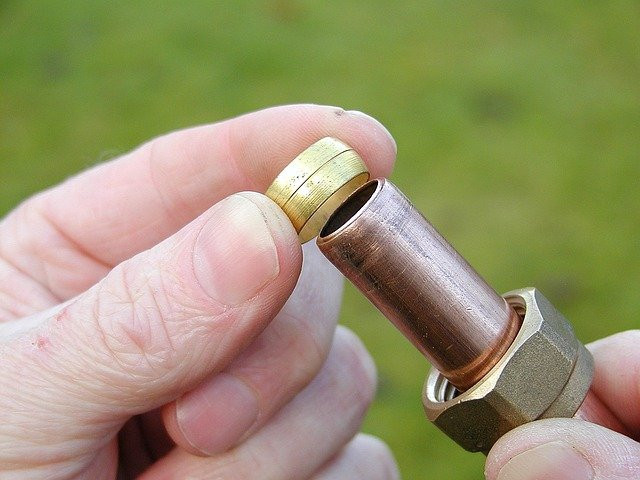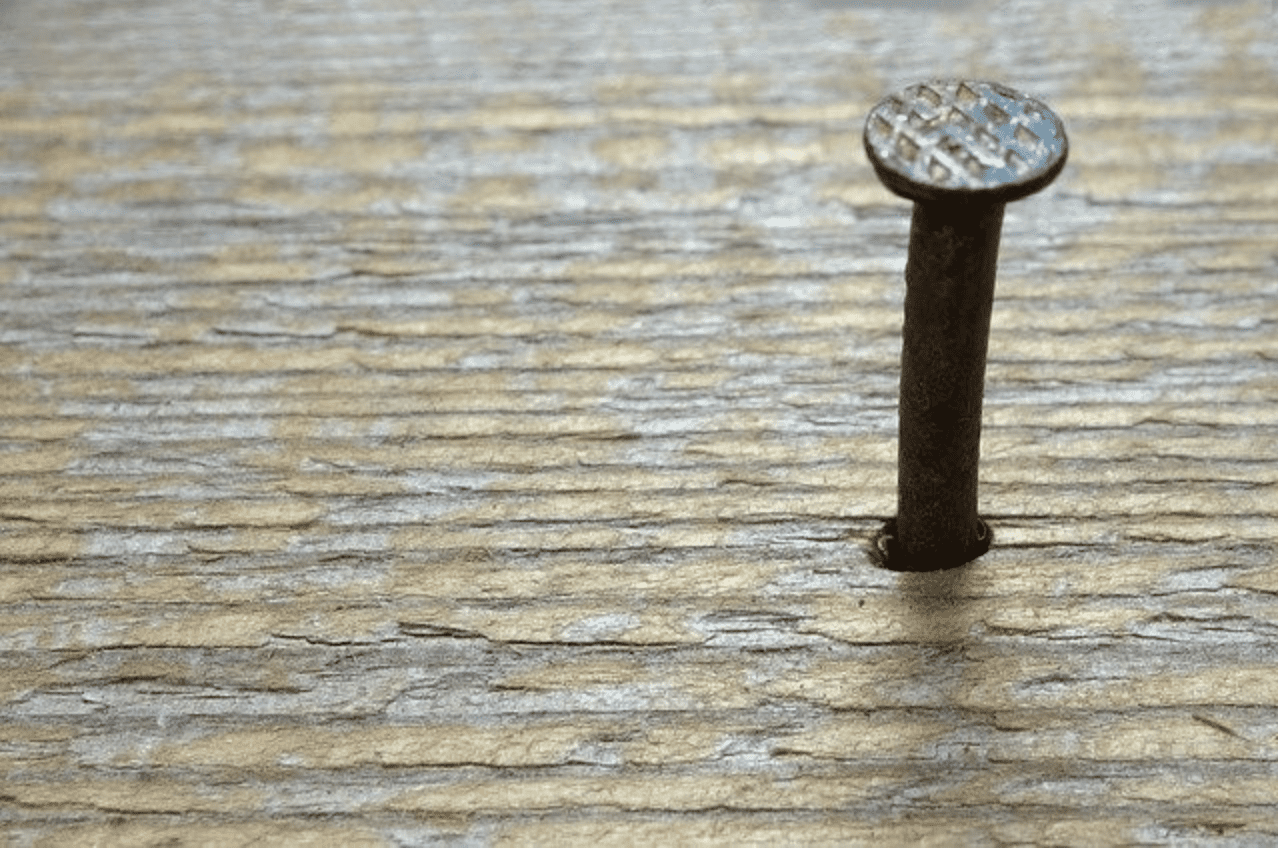I have heard in the past that copper pipes are the best. We had copper pipes in our last house in Pasadena, California. But we now have PVC in our new house in Lewes, Delaware. Some people swear by copper pipes, while others prefer PVC or some other material. Copper is one of the few metals that appears in nature in a usable form, as it is found in rocks, soil, plants, and more.
There are benefits to using copper for pipes, but there are also some disadvantages. It is durable and connects well to valves, and it was the only material used for water for many years. However, copper pipes can corrode, and using it is labor intensive. It takes longer to cut, clean, and connect than pipes made of PVC or plastic.
It is important for people to understand the advantages and disadvantages of using copper pipes to determine whether it is the right choice for them. Continue reading to learn whether copper pipes are good or bad.
Advantages and Disadvantages of Copper Pipes
Copper is a metal element that occurs in nature, and it is in usable form as it is made. It has been used since ancient times because it is strong and durable. Another benefit to using copper for pipes is that it has antimicrobial properties. As early as 2000 BC, it was used to sterilize drinking water and wounds.
Copper is a reliable material for pipes because it is durable and connects to valves well. It was the standard material used in water pipes for many years, and it comes in three different grades depending on the thickness you need.
On the other hand, copper pipes can corrode. If the water has low pH levels or the soil where they are buried has high acidity, the pipes can corrode. This can be avoided by checking the soil levels regularly and ensuring that the water has a pH greater than 6.5.
Another disadvantage of copper pipes is that using them is labor intensive. It takes longer to cut copper, clean it, burr it, and connect it. This means that it is more expensive to use than PVC. Copper can be expensive to use, as it can cost two or three times as much as PVC or another plastic pipe.
The bottom line is that copper pipes are good, but there are other options. You need to look at your project and your needs and choose the best material for your project.
What Do People Use in Place of Copper Pipes?
Technology has led to advancements, and one product that is used for pipes is PEX piping. This is Technology has led to advancements, and one product that is used for pipes is PEX piping. This is cross-linked polyethylene, and it is easy to install and costs a lot less than copper. PEX pipes are flexible, which makes them easy to install. In addition, PEX doesn’t corrode; it doesn’t react at all to acidic water, so it works well in areas where water is more acidic.
However, it comes with a few disadvantages. PEX is sensitive to UV light, and it can be damaged by chemicals from pesticides and pests. In addition, it isn’t antibacterial. People often use it because it is easy to install and less expensive, but there are some risks when you make this choice.
PVC, or polyvinyl chloride, is another alternative, and it is lightweight and easy to install. It is flexible, and it is less expensive than copper. However, it is prone to leaking and cracking, and it doesn’t last as long as copper.
How Long Do Copper Pipes Last?
One of the benefits of using copper pipes is that they are durable and last a long time. In fact, they can last up to 70 or 80 years. However, you need to make sure that you check them, and they should be replaced if you notice any corrosion. If they do corrode, the metal can get into your water.
Copper is also resistant to fire, and it has a high thermal rating. It is also less harmful to the environment than some of the alternatives. Copper pipes are recyclable, and they don’t release the chemicals into the environment that PEX and PVC pipes do when they are being manufactured.
How to Clean Copper Pipes That Have Corrosion
Corrosion in copper pipes is most commonly caused when oxygen is suspended in the water. This usually comes from hot water. Once the oxygen is attached to the copper, it causes oxidation. This shows as a blue-green patch. If you can’t see the pipes, you can look for signs of corrosion, including discolored water, leaks, water with a metallic smell, or sediment in the water. You normally need to hire a professional to help with this problem.
If you see external corrosion on the copper pipes, you can remove it yourself. You can mix white vinegar, baking soda, and salt together into a paste. Then, you will apply it to the corrosion. Leave it for about 10 minutes, and then wipe it away. You may need to address it again if it comes back.
Can Copper Pipes Cause Health Problems?
A small amount of copper is actually good for you. In fact, the FDA recommends that people consume 0.9 mg a day of this mineral. However, exposure to large amounts of copper can lead to problems. In the short-term, it can cause stomach problems, and long-term exposure can lead to liver and kidney issues.
If copper pipes are corroded, water can absorb the copper as it travels through the pipes. It is important to learn how to recognize when you need to have your pipes repaired or replaced to minimize exposure to copper. However, copper pipes that are functional do not cause any health problems.
PEX (plastic) vs Copper Tubing: What is Better?
PEX vs Copper tubing? What is the best plumbing piping to install in your home? Regardless if it is a remodel or a new build, Jim, a master plumber, shares his experience installing, repairing, and using PEX (plastic) tubing. Ultimately, he explains why he prefers PEX (Plastic) over copper.
Final Words
Copper pipes were the standard for many years for plumbing, but there are more options available today. PEX and PVC are two popular materials that are easier to install and less expensive. Copper pipes are not great when the water or the soil is acidic because they can corrode. However, they work well and can last up to 70 or 80 years. Copper pipes are good, but it is important to weigh the cost of the copper and the installation when making a decision.
Related Posts:



